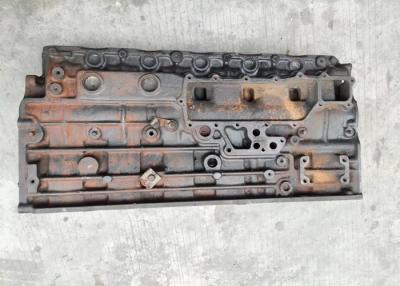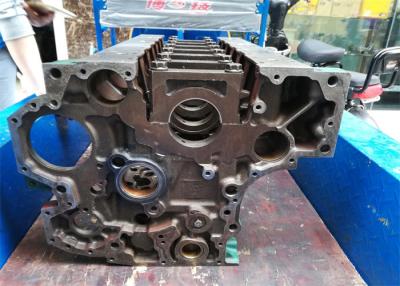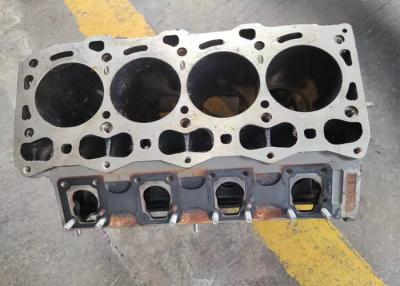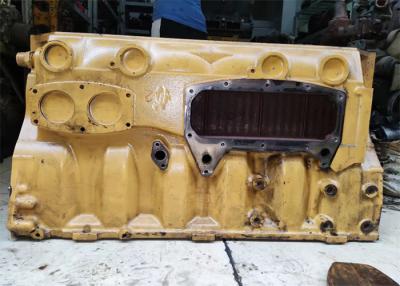





| Price | Negotiated |
| MOQ | Negotiable |
| Delivery Time | 5 - 8 work days |
| Brand | Mitsubishi |
| Place of Origin | Japan |
| Model Number | 6D31 |
| Packaging Details | Neutral Package or Fumigation Free |
| Payment Terms | D/P, T/T |
| Supply Ability | 10 pieces |
| Condition | Used | Engine model | 6D31 |
| Place of Origin | Japan | Packaging Details | Neutral Package or Fumigation Free |
| Color | Same as pictures | Excavator model | HD700 - 7 |
| Model Number | 6D31 | Supply Ability | 10 pieces |
| Brand Name | Mitsubishi | Payment Terms | D/P, T/T |
| Type | Diesel Engine | Price | Negotiated |
| Delivery Time | 5 - 8 work days | Product name | Engine cylinde block |
| Quality | High quality | Part number | ME996345 |
6D31 Excavator Used Engine Blocks For Excavator HD700 - 7 SK200 - 3 ME996345
Specification
| Engine type: Diesel | Model Number: 6D31 | |
| Cylinder stroke: 105 | Cylinder diameter: 100 | |
| Application: Excavator | valve: 12 valve | |
| Cooling: Water cooling | Injection: Direct | |
Description
Construction:
An automotive engine mainly consists of three stationary parts which are cylinder head, cylinder block, and crankcase. They provide support and serve as an enclosed unit for other moving parts. Modern engines consist of cylinder block and crankcase as a single unit which provides rigidity. The crankcase has ribs cast into it which gives added strength and also supports main and camshaft bearings. In some large engines, the block may also employ a separate crankcase for the crankshaft.
Design process:
The cylinder block is one of the most important designs in the engine. Just as head, the cylinder block is also designed to achieve certain performance parameters. It must sustain very high pressures and temperatures running above 600 degrees Celsius. So, manufacturers use precision methods to design and manufacture cylinder blocks. They employ precision machining to give mirror finish to cylinder surfaces. This includes accurate grinding and honing processes.
Materials:
Usually,
manufacturers
use
grey
cast
iron
for
cylinder
blocks
while
sometimes
adding
nickel
and
chromium.
Nowadays,
they
also
use
aluminum
to
reduce
weight
and
improve
performance.
However,
the
aluminum
blocks
use
cast-iron
or
steel
sleeves
on
cylinders.
Most
engines
prefer
cast-iron
for
cylinder
walls
as
it
has
lower
wearing
qualities.
Some
small
engines
use
chromium
for
plating
cylinder
walls
to
reduce
wear
&
increase
service
life.
Manufacturers are conducting tests on silicon-aluminum alloys for their use in cylinder blocks. These alloys have a low coefficient of thermal expansion and high wear resistance. Besides, aluminum alloy blocks maintain more uniformity of temperature because of their thermal conductivity. Often, manufacturers use the block, head, and crankcase made of aluminum alloy. Grey cast-iron for the block is the same that is used for the head. However, aluminum alloys are usually quite different. Cast iron is still used for heavy applications such as commercial engines, rail- engines and marine engines.





